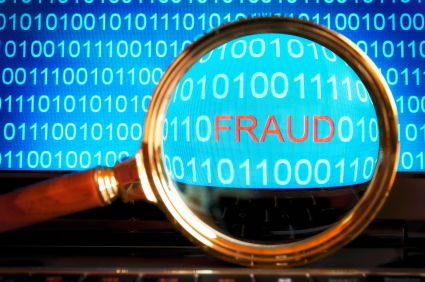AARP Hearing Center

The war against Covid-19 progresses with serious attention given by many to social distancing and the use of face coverings. Sadly, there also are many who feel protecting their family, friends, neighbors, and me is too much of an effort. With many of us engaged in social distancing, though, the con-artists are cranking up their constant attack via email and telephone. Here are some of the scams and malicious attacks that surfaced in the past week.
A widespread malicious email campaign is being waged and has appeared in several states. The email is worded as an extortion attempt in which the sender identifies a current or former password followed a threat to divulge compromising photographs taken with the web cam on your computer. The threat demands payment in bit coins within 24 hours. Do not comply with the demand. State and Federal authorities determined these to be hoaxes designed to intimidate or scare recipients. Typically, the extortion attempt displays a current or former password to an on-line account or to your computer; possibly due to recent data breaches. The primary purpose of these “attacks” appears to be to create anxiety or fear. If you are the recipient of one of these messages, file an on-line complaint with the FBI at www.IC3.gov. Also, consider that it is a good time to review and change passwords for devices and accounts.
Another scam eMail campaign appears to originate from your internet service provider. The email message, complete with service provider logo and on-line format, states that your email account is being terminated. The message provides a link to click in order to “restore” your service. Don’t click! Check the return address for the sender. One of the messages I received displayed a return address of nashvillepizzaco@comcast.net. Before making any direct response to the message, contact your internet service provider and explain the situation. Sadly, we generally are not patient people and the criminals know this. Long wait times on calls for support are frequent and many give up before connecting. Bear with it and if necessary, detail the situation in an email to your provider. So, you may wonder how the scammer knows who provides you with internet service? Unless you use a VPN (Virtual Private Network), many of your on-line searches and email messages display your location, service provider, type of device, operating system, and possibly your name. Best actions to take: contact your service provider and report the phishing attempt; then, file a complaint with the Federal Trade Commission – www.ftc.org.
Beware of fraudulent charity fundraisers. Callers using MagicJack are impersonating fund raisers for first responder organizations. Most often for police. These calls are untraceable and appear to be coming from a local phone number. We recommend that you do not engage in any conversation with the caller. The call may begin with a robocall connection commenting about “your pledge.” No mention is made of the name of the fundraiser and the call uses artificial intelligence to discern your response after which a live operator connects. Keep in mind that if you continue the conversation and you are dealing with a criminal, he already has your phone number and will likely request your correct name and address, possibly a credit card number for the donation.
Please note that there are legitimate paid and volunteer fundraisers conducting telephone campaigns. If you determine that you wish to make a donation, you are entitled, by law, to knowing if the caller is a paid fund-raiser and what percentage of your donation actually goes to the sponsoring organization. Don’t be surprised if the charity receives less than 25% of the collected amount and never provide a credit card or bank account number on the phone or internet unless you are absolutely certain of the legitimacy. Instead, request a pledge form by mail.
Checking the quality of a charity or nonprofit is easy. Here are some of the online resources: www.guidestar.org, www.charitynavigator.org, www.charitywatch.org, www.consumerreports.org, and www.give.org.
Questions, concerns or comments? Contact me: egreenblott@aarp.org.
Elliott Greenblott is a retired educator and the Vermont coordinator of the AARP Fraud Watch Network. He hosts a feature CATV program, Mr. Scammer, distributed by GNAT-TV in Sunderland, VT – www.gnat-tv.org































































